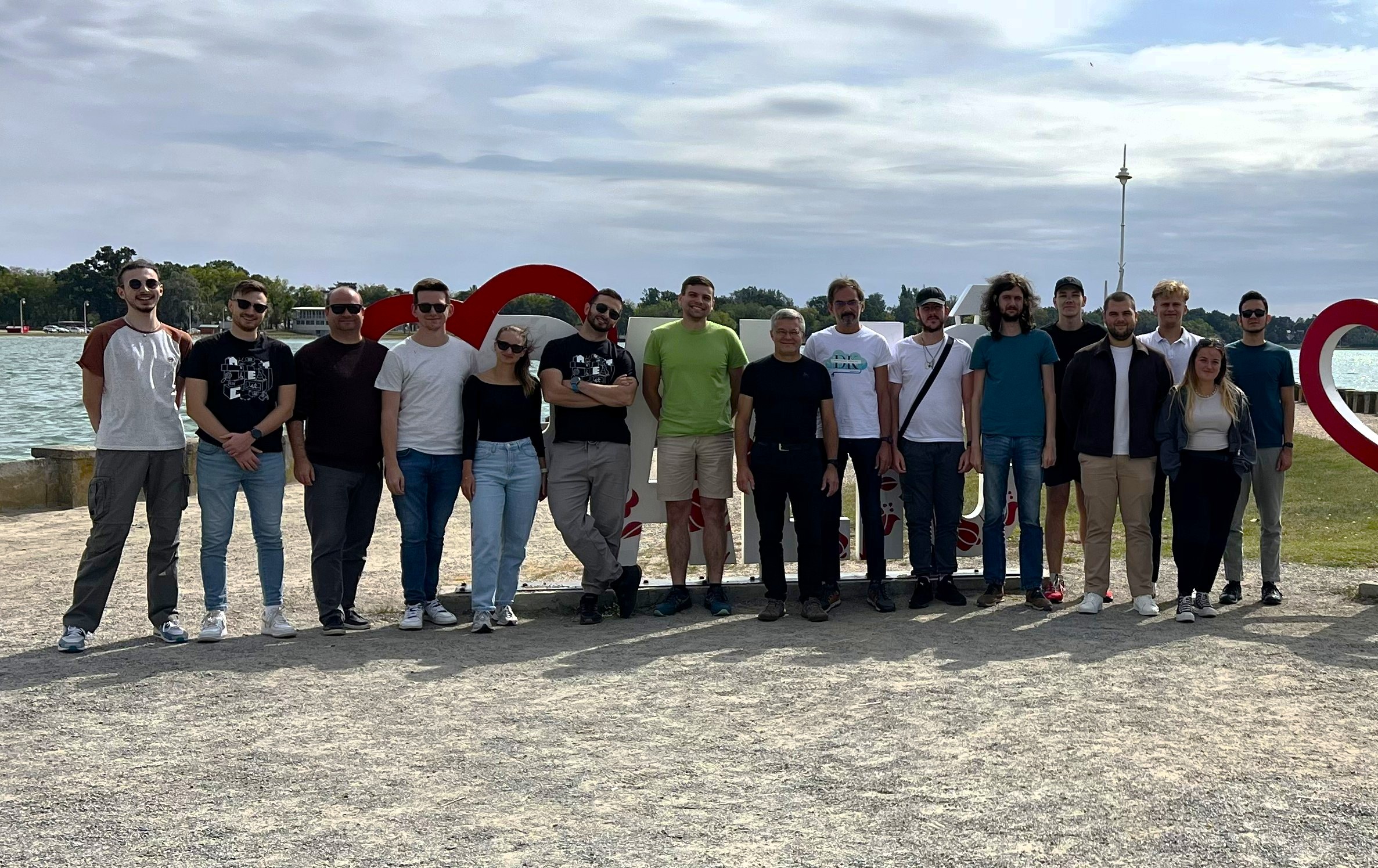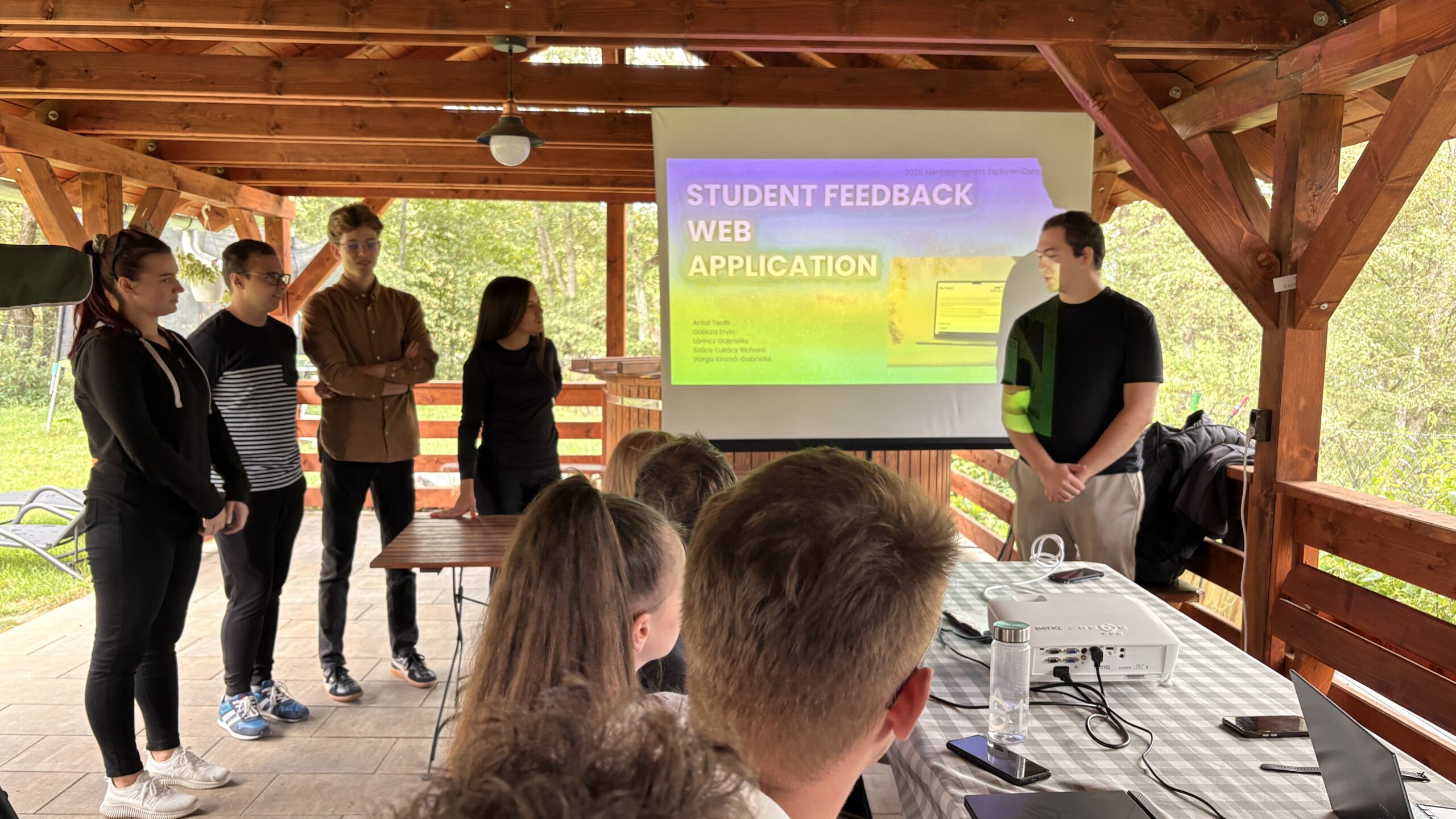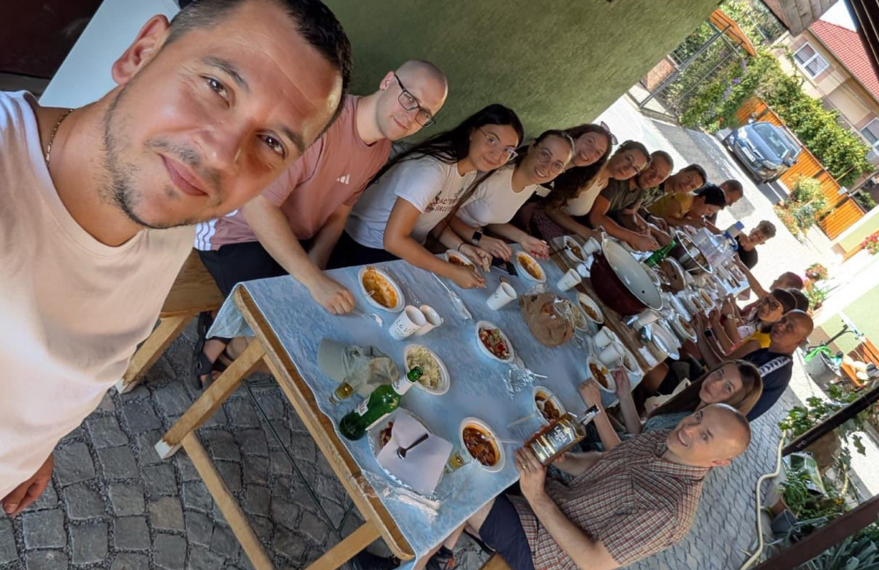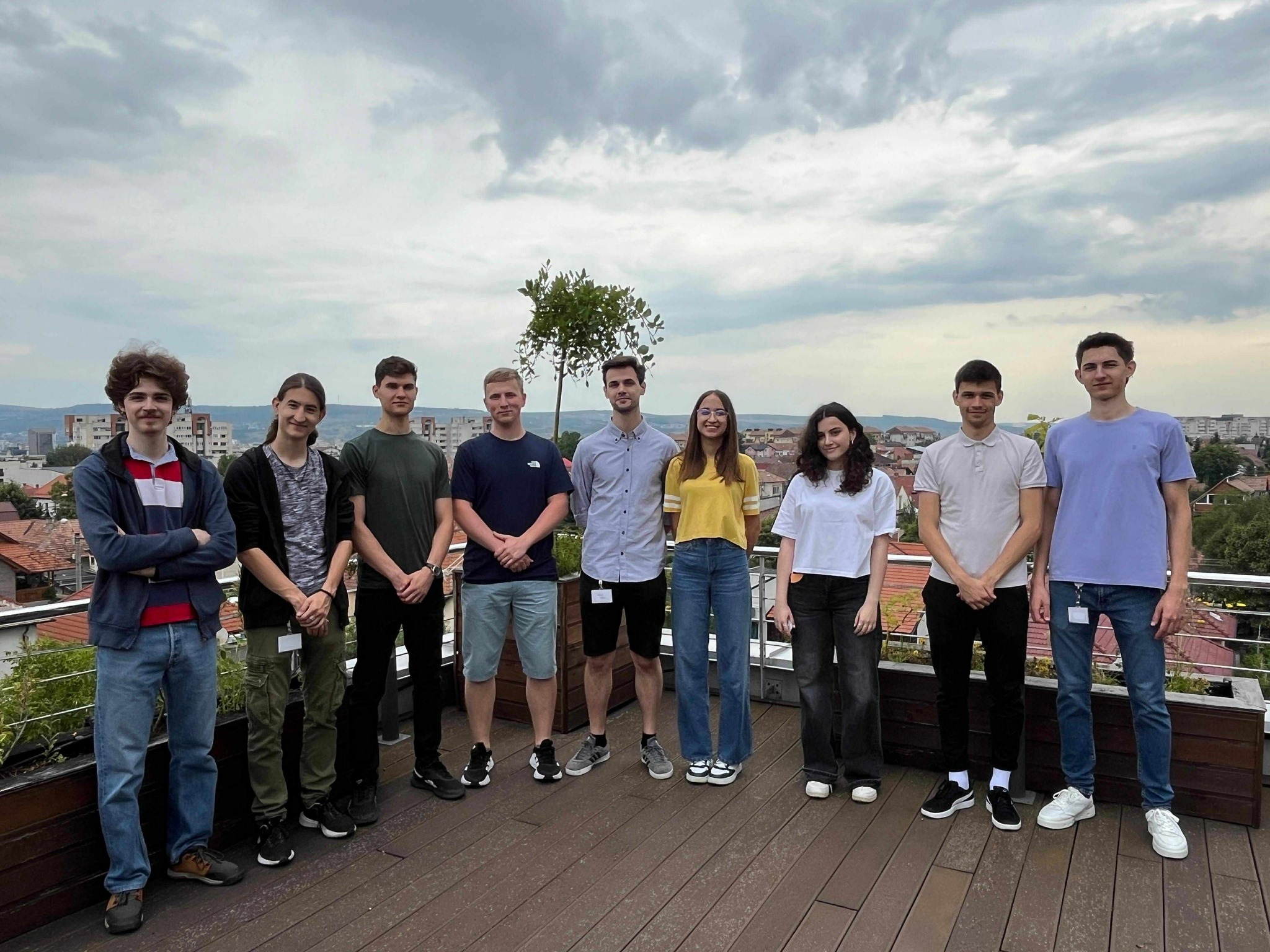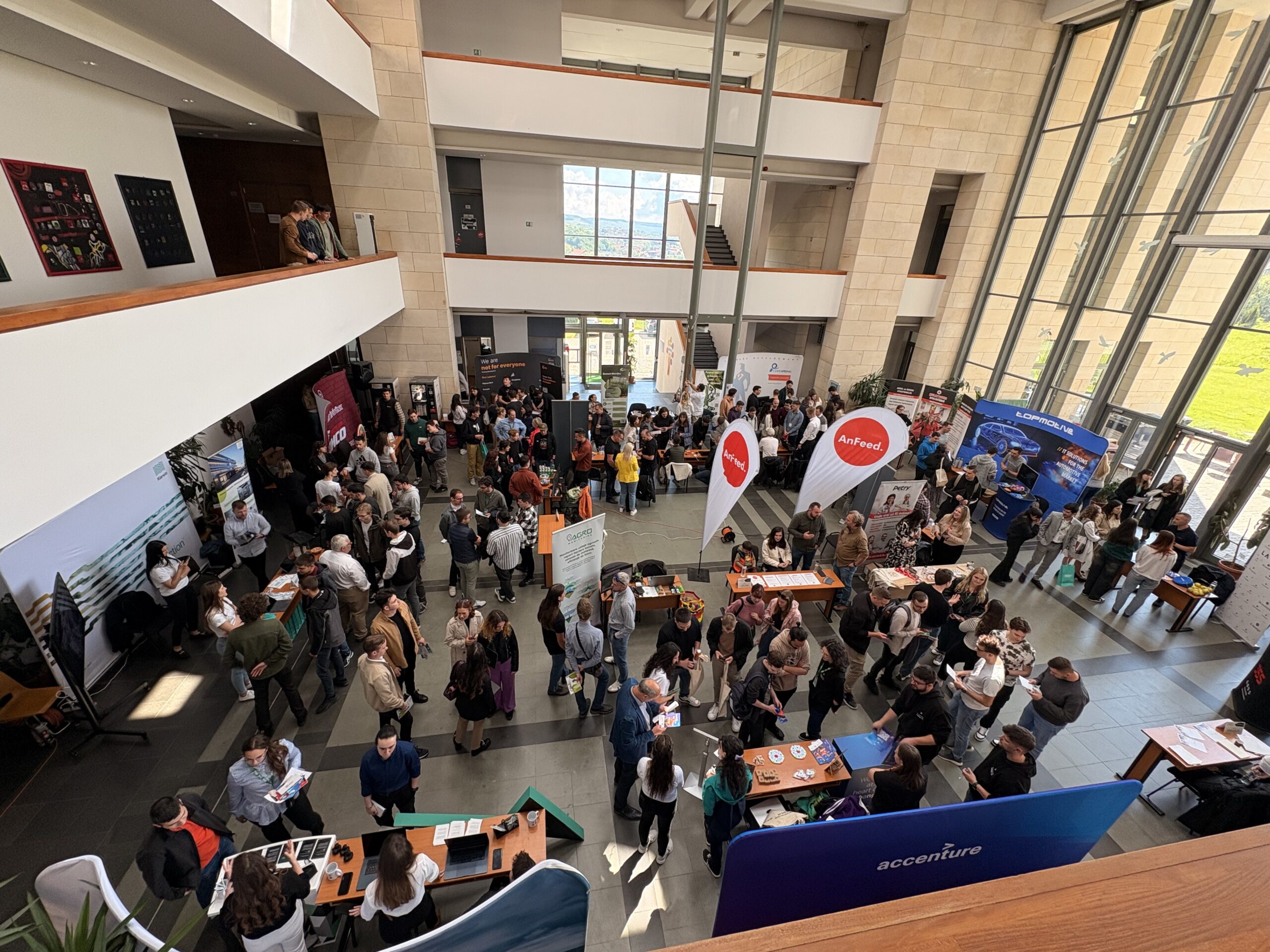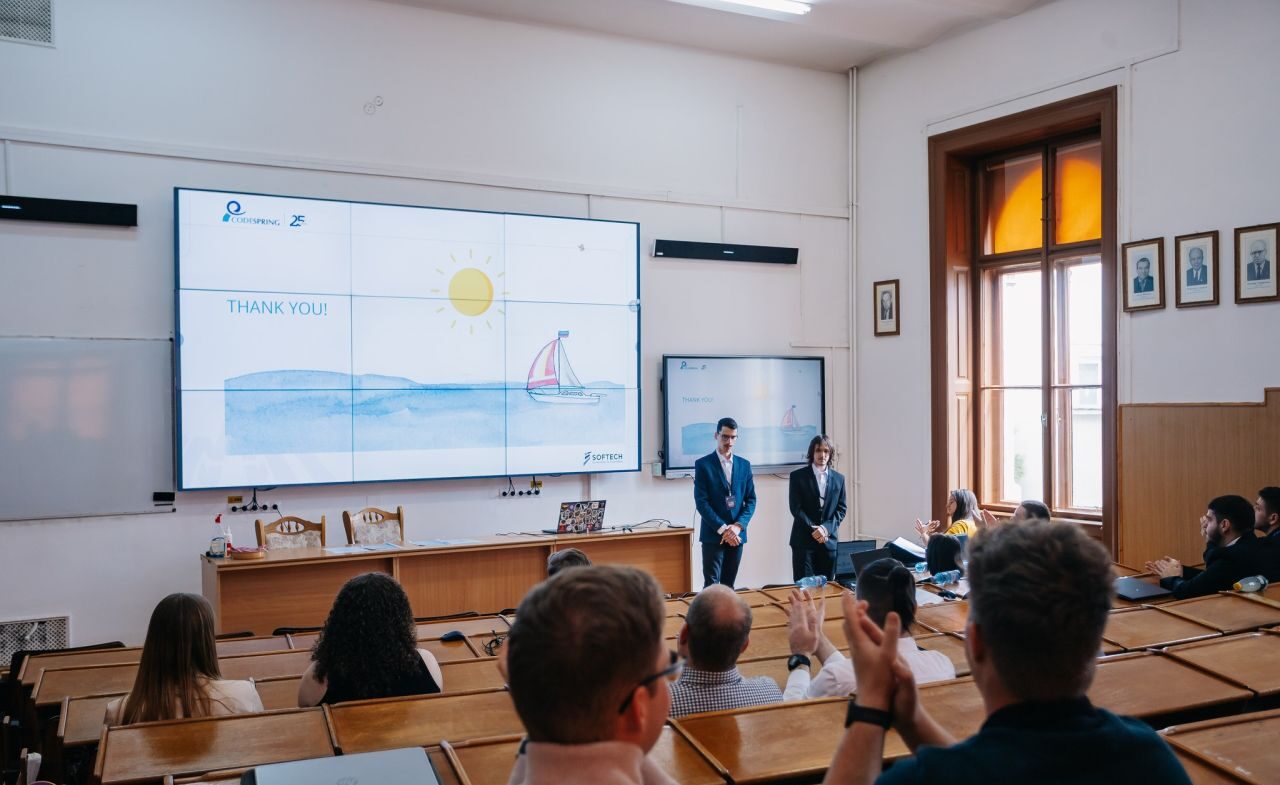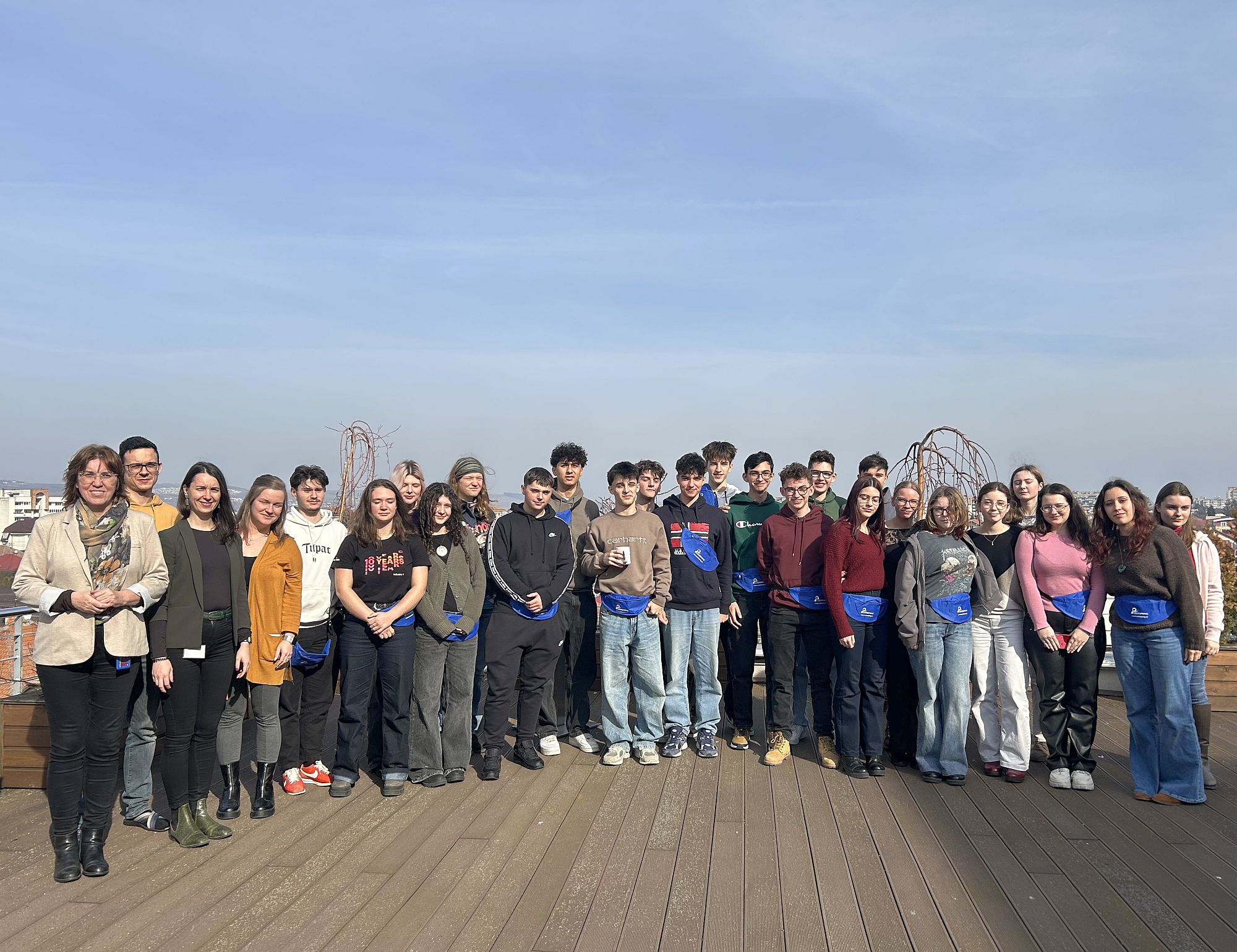Cluj-Napoca, Romania, 2015: The heart of Transylvania, the 1st IT export hub of Romania, the friendliest city in Europe and the European Youth Capital in 2015. This city grows into a more appealing ICT center as specialized companies discover the hidden potential of the ancient roman settlement.
Mr. Levente Szélyes, is currently the owner and CEO of Codespring, a Romanian software development and outsourcing company from Cluj-Napoca. He is one of these passionate software engineers who in the mid- 90’s dared to have a different vision on how software development services could be deployed, at the time.
A lot of change happened in the last years in outsourcing; nevertheless, in software development outsourcing it is not the activities themselves that changed, but the technologies we are working with and the nature of the beneficiaries. Therefore, the type of projects has changed more towards mobile development and the project initiators are more and more often start-up companies.
2. What do you consider to be the main transformation drivers in the regional ICT industry?
In my opinion Central-Eastern European (CEE) countries have a lot of potential, especially in the innovation area. Hence, the legal and fiscal obstacles are inhibiting the evolution of technological innovation initiatives. The region needs some concrete measures in order to turbocharge this potential.
3. Where lays todays’ competitive advantage of a business such as Codespring?
As an agile software development and outsourcing company from Cluj-Napoca, one of our greatest advantages is that we are still able to deliver an attractive price – performance ratio. Another major asset is our team with a high retention rate, low fluctuation. This translates into stability for the long-term.

At the beginning of a new contract, the most important and difficult task is to make sure that we understood correctly what the customer expects. The risk of misunderstandings, expectation gap and misconceptions within international projects is high until we align our communication channels. We have to adjust the teams and the key positions in order to maintain an open and positive communication. I know it is a rock bottom phase and that is why it is fundamental for the further evolution of any cooperation.
5. What do your customers expect when signing with a software development outsourcing provider from Romania, Cluj-Napoca?
Frankly speaking, our customers have previously documented themselves about the location (about Cluj-Napoca and Romania). They are informed and chose to start negotiations based on a positive outlook. These types of customers expect high quality human resources with good technical skills, able to demonstrate creative and innovative thinking. In comparison to Asian IT services providers (e.g. India) who are known for not being able to say “NO”, they expect from Romanian teams a more consultative approach, based on accurately assessing a situation before proposing any solution.
6. To what extent does your company focus on innovation, research and development?
Codespring is and has been involved in the development of award winning technologies, some unique by design, others unique by their performance. Technological innovation itself requires a lot of resources: material, financial and intellectual. We have decided to put our creative thinking to the service of developing our customers’ large scale innovative software solutions. For a middle sized company, this model is rewarding as it gets our team at the core of amazing innovations and inventions.
7. How do you see Cluj ICT community in the next years?
Cluj-Napoca is a curious location for many ICT analysts. One may find here large international companies delivering intensive IT services and small domestic companies working on complex software development projects. The intellectual pool is ever growing due to the universities that may be found here. In the upcoming years, I think that the local ICT community will work more effectively as a group aiming to attract contracts and customers. The first steps have already been done; it will be time to enhance cooperation and to invest more in the R&D field.
8. How did 2014 business year turnout? And what are your thoughts for 2015?
For Codespring 2014 was a good year: the business grew by 17%, the team welcomed new members and had a high retention rate. We managed to take our strategic partnerships to new cooperation levels and to diversify our customer portfolio. For 2015, we will continue to fine-tune the collaboration on our ongoing projects and we aim at developing more innovative software solutions.



